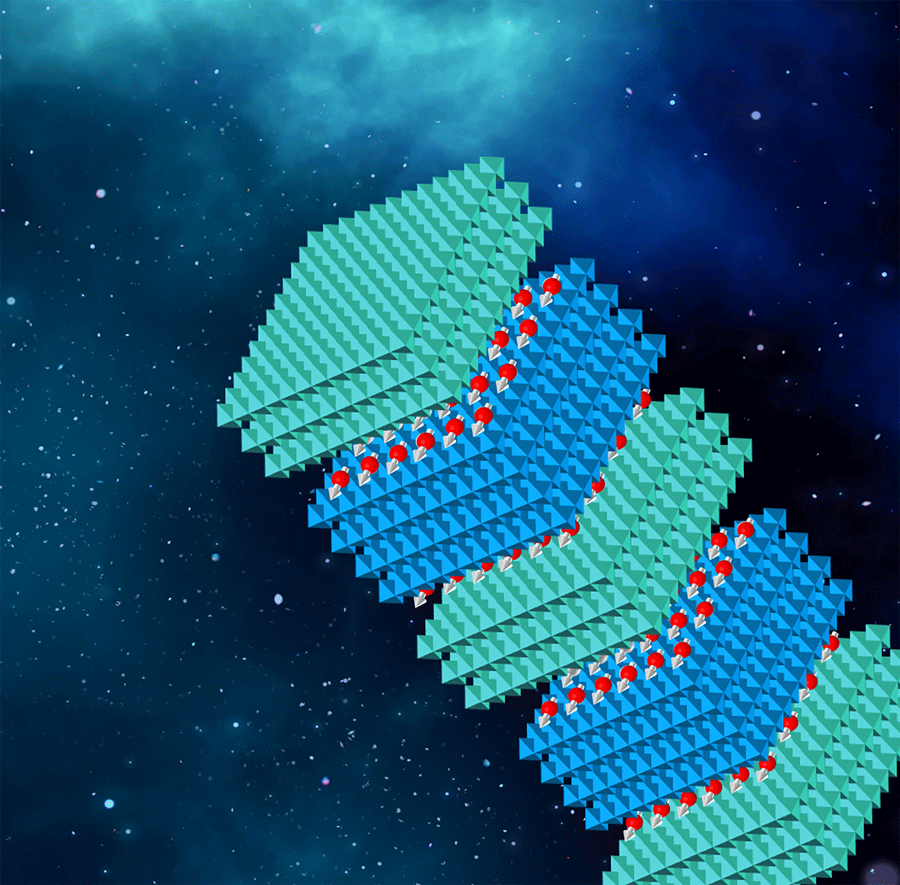Gong Paper on Ferroelectric Control of Half-Metallic 2D Electron Gas Published in Nano Letters
A paper by Assistant Professor Cheng Gong (ECE/QTC) and his colleagues, aims to explore new opportunities for low-power, high-efficiency spintronic devices. “Ferroelectric Switching of Pure Spin Polarization in Two-Dimensional Electron Gas” has recently been published in Nano Letters. Conventional electronic devices leverage the electrons as charge and hence inevitably cause energy dissipation by Joule heating. Using electron spin as the information carrier potentially avoids Joule heating and enables low-energy-consumption spintronic devices. Gong’s work aims to create electrons of pure spin and develop viable approaches to efficiently toggle between the binary spin-polarized states (i.e., between spin up and spin down) for logic devices. It is well known that two-dimensional electron gas (2DEG) created at compound interfaces can exhibit a broad range of exotic physical phenomena, including quantum Hall phase, emergent ferromagnetism and superconductivity, holding great promise for energy-efficient electronics. However, although electron spin plays key roles in these phenomena, the fundamental understanding and application prospects of such emergent interfacial states have been largely impeded by the lack of purely spin-polarized 2DEG. The paper shows that half-metallicity, an intriguing state of 100% spin polarization arising from metallic electrons of one spin and insulating gap of the other spin, holds great potential for high-efficiency spintronic devices. By using first-principles calculations, the researchers investigate the multiferroic semiconductor superlattice GeTe/MnTe, in which they obtain the half-metallicity and its ferroelectric control. They discovered that the half metallicity can be created and destroyed by polarizing and depolarizing the ferroelectric, and can be switched (between spin-up and spin-down) by flipping the ferroelectric polarization. Based on this emergent mechanism, a new class of multiferroic spin field-effect transistors with electrically switchable pure spin current can be developed. Ferroelectric Switching of Pure Spin Polarization in Two-dimensional Electron Gas
Related Articles: August 18, 2020 Prev Next |


